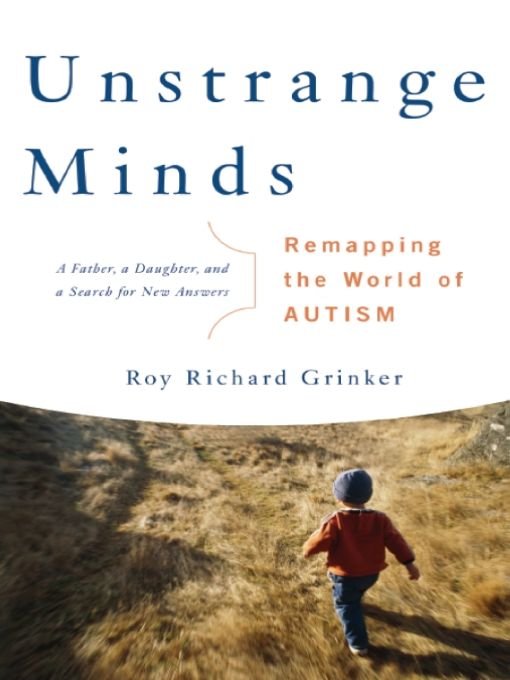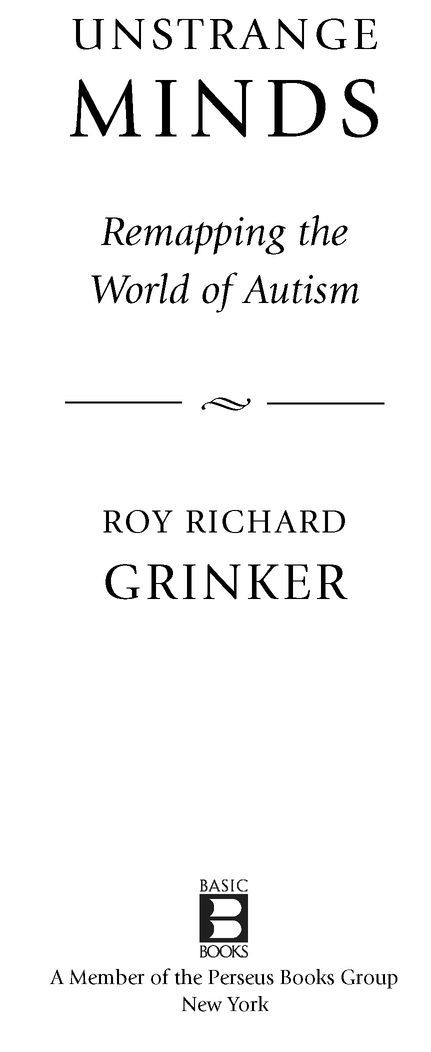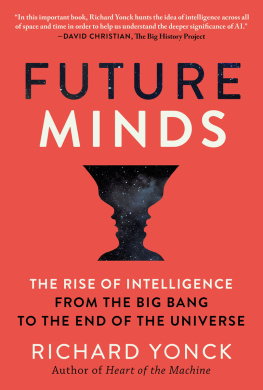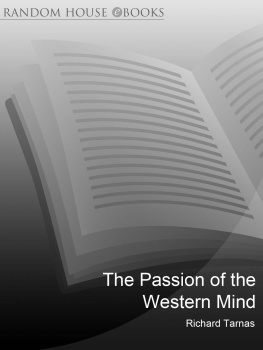Table of Contents
ALSO BY ROY RICHARD GRINKER
Houses in the Rainforest:
Ethnicity and Inequality in Northeastern Zaire
Perspectives on Africa:
A Reader in Culture, History, and Representation
(co-edited and introduced with Christopher Steiner)
Korea and Its Futures:
Unification and the Unfinished War
In the Arms of Africa:The Life of Colin M.Turnbull
For Isabel
from whose...
remembrance might no patient
mind unstrange
learn...
e.e. cumming
Pervasive Developmental Disorders [also called Autism Spectrum Disorders] are characterized by severe and pervasive impairment in several areas of development: reciprocal social interaction skills, communication skills, or the presence of stereotyped behavior, interests, and activities... [They include] Autistic Disorder, Retts Disorder, Childhood Disintegrative Disorder, Aspergers Disorder, Pervasive Developmental Disorder Not Otherwise Specified... These disorders are evident in the first years of life and are often associated with some degree of Mental Retardation.
Diagnostic and Statistical Manual of Mental Disorders, Fourth Edition, Revised (DSM-IV-TR). Washington, D.C.: American Psychiatric Association, 2000.
Introduction
Bringing Autism into Focus
WHEN MY DAUGHTER ISABEL was diagnosed with autism in 1994, I knew little about the condition and knew no one else who had it. It was, after all, considered a rare disorder, occurring in only about 3 in every 10,000 live births.
A little more than a decade later, theres an autism crisis. Scientists now report rates of autism as high as 60 in 10,000 live births, and major news organizations, as well as members of Congress, are calling the sharp increase in diagnoses of autism an epidemic.
The epidemic, we are told, is devastating families.
Even those who are not directly affected by autism within their family circle are affected indirectly. The reports in the media, and speculation about possible causes of autism, have caused many parents and parents-to-be to become concerned. An increasing number of them are choosing to withhold much-needed vaccinations for their children out of the fear that they will contract autism, although a connection between vaccinations and autism has never been firmly established. The epidemic is taxing our countrys ability to provide an appropriate education for all the children with special needs, and our pediatric clinics and hospitals are overwhelmed by parents seeking information about the disorder and help for their children.
And it is no wonder that people are worried. When Isabel was diagnosed, information on autism was scarce. But today, autism is making headlines, and the stories can be heartbreaking. The stream of information is increasing in momentum, and along with it, a sense of urgency and even panic.
I believe that this extraordinary momentum is a signal that we should stop, step back, and take a closer look at our fears about autism. Clearly, the reported rates of autism in North America and in Europe are way up. But what is causing the increase, and does it reflect a true epidemic, or is it a byproduct of changes in the way the statistics are gathered or the way the disorder is defined and diagnosed?
IM AN ANTHROPOLOG IST, a social scientist who studies culture. Therefore, even though I study illness, my research does not look at chromosomes, antibodies, toxicology, vaccines, or the circuitry of the brain. Rather, Im interested in the intersection between culture and illnessthat is, how culture affects the way we define and classify illnesses. Psychiatry is a good topic for someone like me because, unlike the problems many physicians see from day to daya rash, a virus, a tumor, a broken bonemost of the illnesses psychiatrists treat and study are incredibly hard to describe and open to multiple interpretations. Compared to other branches of medicine, psychiatric diagnosis is highly subjective.
Take pneumonia, for example. The most common severe form of the disease is caused by the bacterium Streptococcus pneumoniae. Whether it afflicts a slum dweller in Brazil or a rice farmer in Bangladesh, it is exactly the same disease.You can see the bacterium under a microscope, you can devise a way to treat it, and the treatment will be the same no matter where you are.
Now take a disorder like autism.You cannot see autism under a microscope or discover it through a lab test. The only evidence we have that someone has autism is the individuals behavior. There is little agreement, even in a single culture, about exactly what it is or how to treat it.
So when we start to panic about the rise in the prevalence of certain conditions or disorders, it is good to remember that most psychiatric diagnoses are essentially just descriptions and classifications based on the behaviors particular clinicians have seen and chosen to emphasize at a particular point in time, and they can even reflect the personal and cultural biases of the individual clinicians. One clinicians description of a certain patient, and hence the diagnosis given to that patient, may vary considerably from another clinicians description of the same case, even when both clinicians are part of the same culture.Variations in diagnoses are even greater across cultures. Many societies, for example, do not even have a word for autism, and in others, the symptoms of autism are not thought to be abnormal as much as divine or spiritual.
Moreover, psychiatryespecially child psychiatryhowever valuable, is an imprecise science that can change rapidly in response to new ideas, methods of training, and especially changing historical and cultural conditions. Many psychiatric diagnoses come and goand hence rates of diagnoses go up and down, not unlike fashions. For example, several million Americans have been diagnosed with depression. But many people with depression, perhaps hundreds of thousands, would not have been diagnosed with it just fifty years ago. The increase in the number of those reported to be clinically depressed does not mean that depression is more common today than in the past, but only that our way of defining depression has changed. Fifty years ago, the term was used to describe only serious, debilitating depressions that may have required long-term hospitalizations. Likewise, there exists the logical possibility that the incidence of autism has not increased but that we are defining it differently and counting it differently than in the past. Of course, the fact that some diagnoses become popular or fade away does not mean the conditions they describe are not real. Isabel would have the symptoms of what we today call autism whether she was diagnosed with autism, schizophrenia, something else, or nothing at all. It does mean, however, that what may be called an epidemic is really a reflection of a change in the way a culture perceives a condition or disease.
Since rates cannot rise without diagnoses, it makes sense to ask how and why autism is getting diagnosed more. And since rates cannot rise without scientists to count the diagnoses, it also makes sense to ask how and why they are counting more cases. Finally, if culture does affect the way we view autism, we ought to look at autism around the world to see if it exists in cultures very different from ours and, if so, what people do about it.









